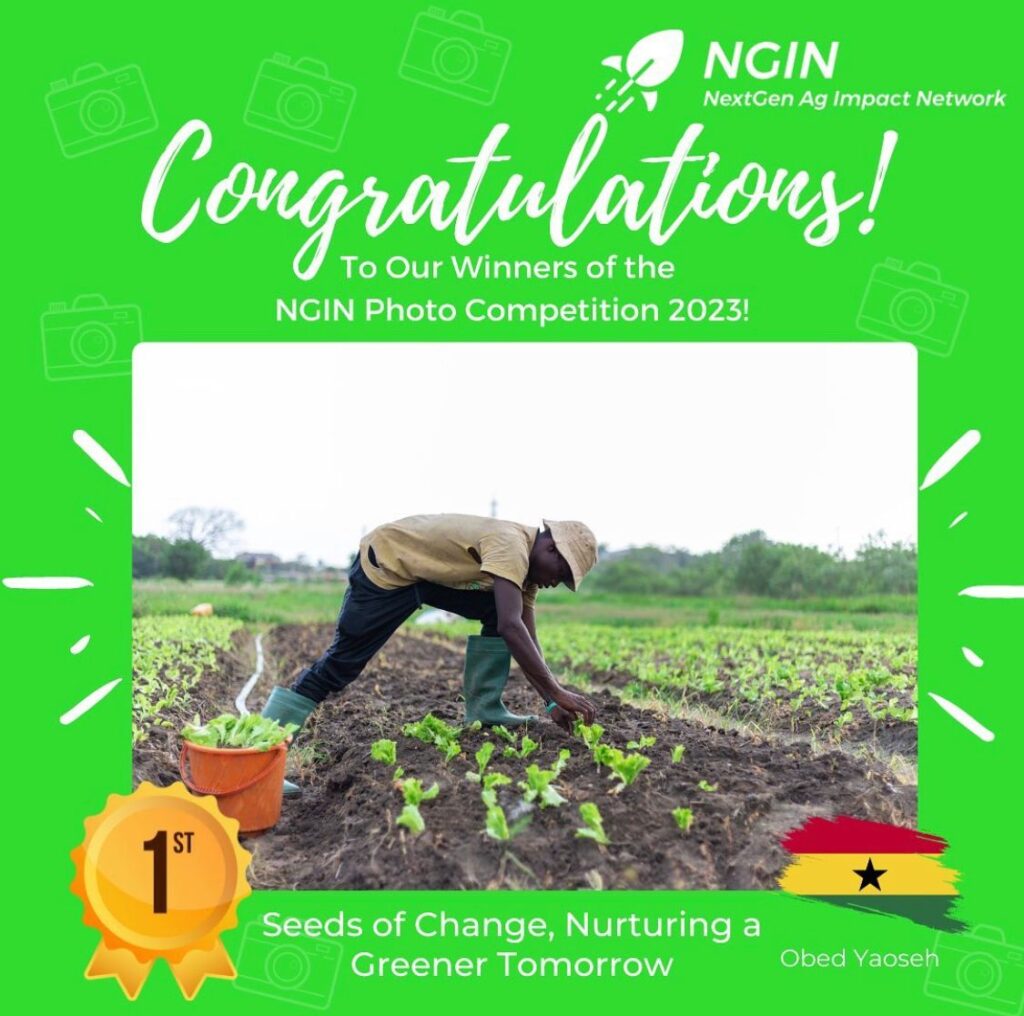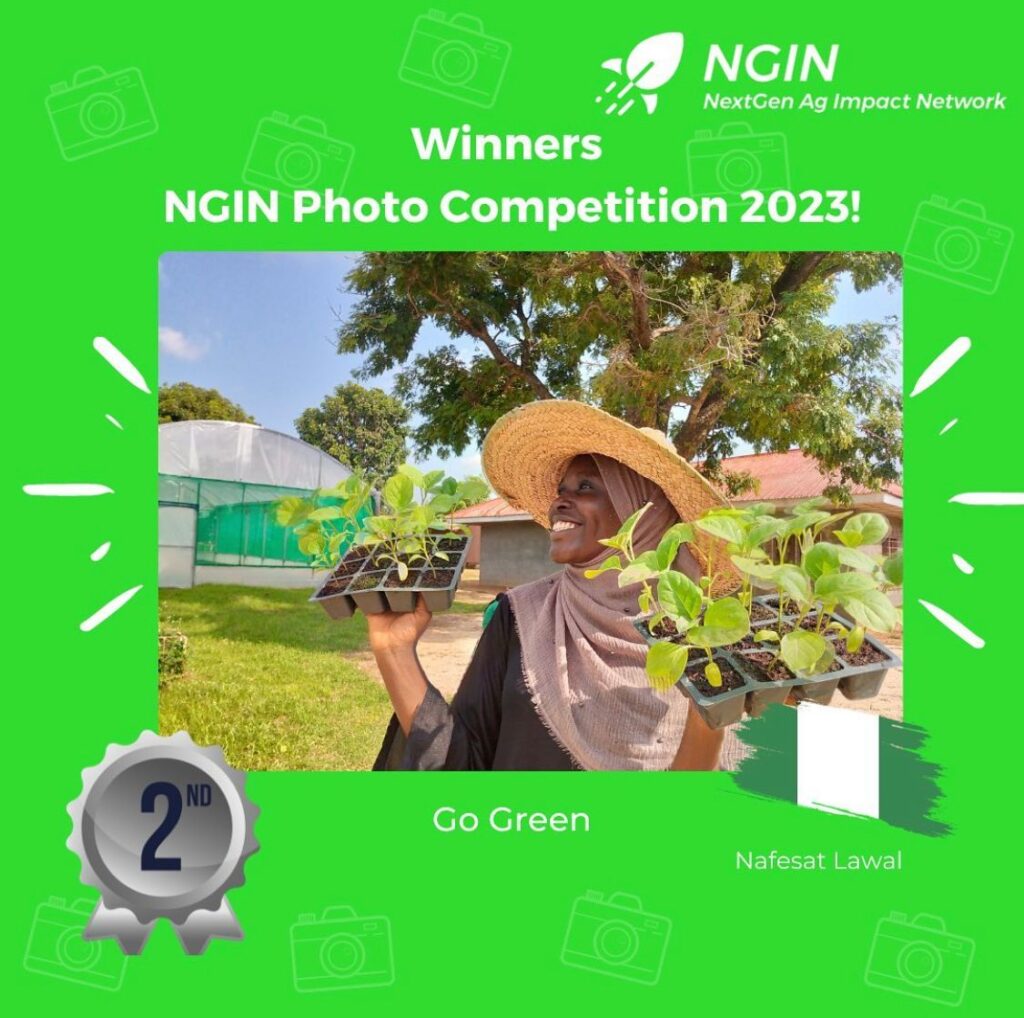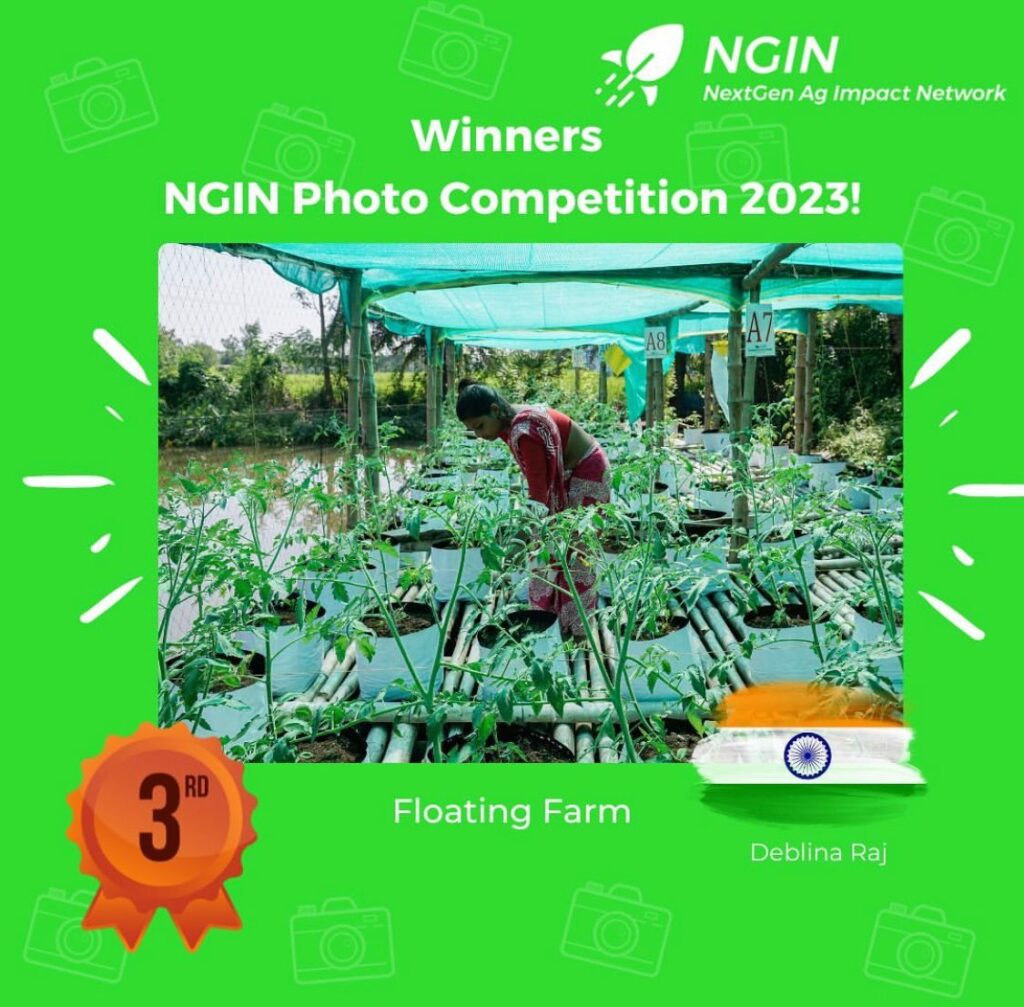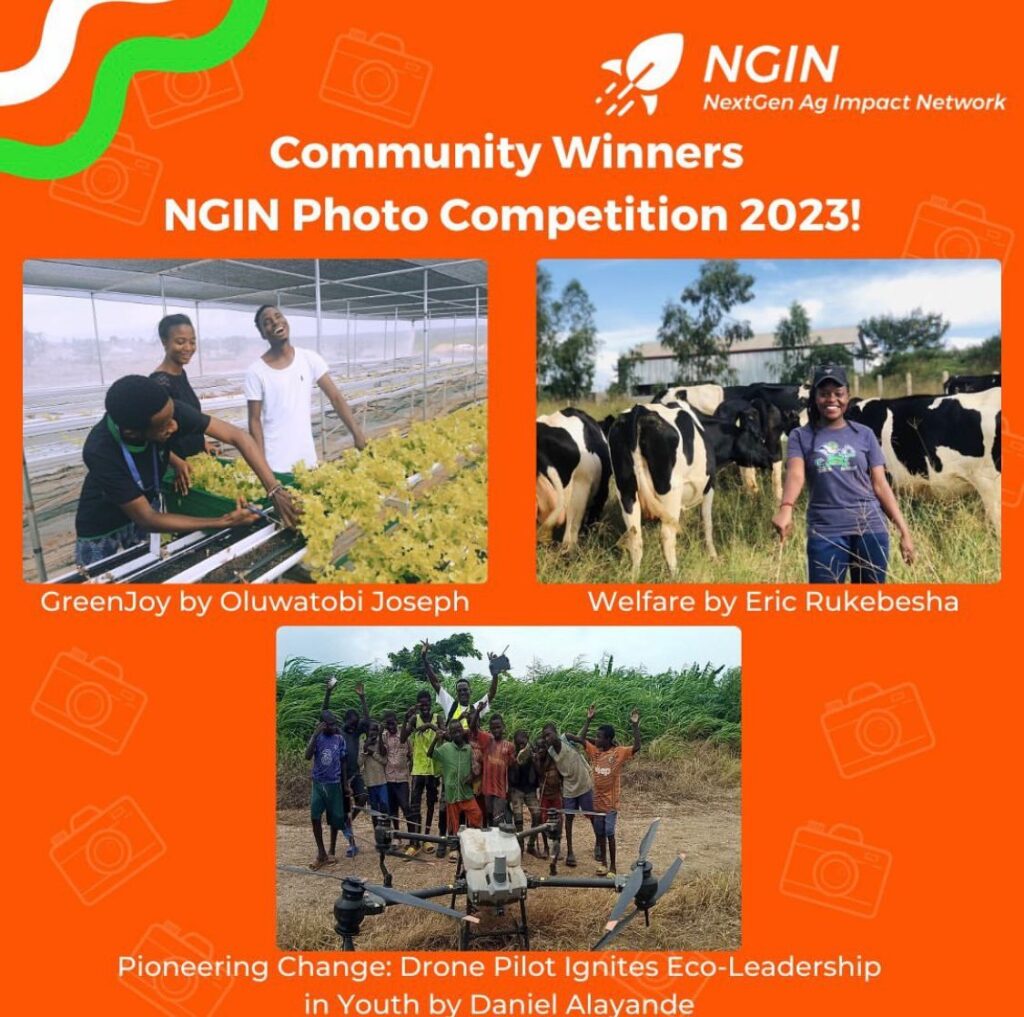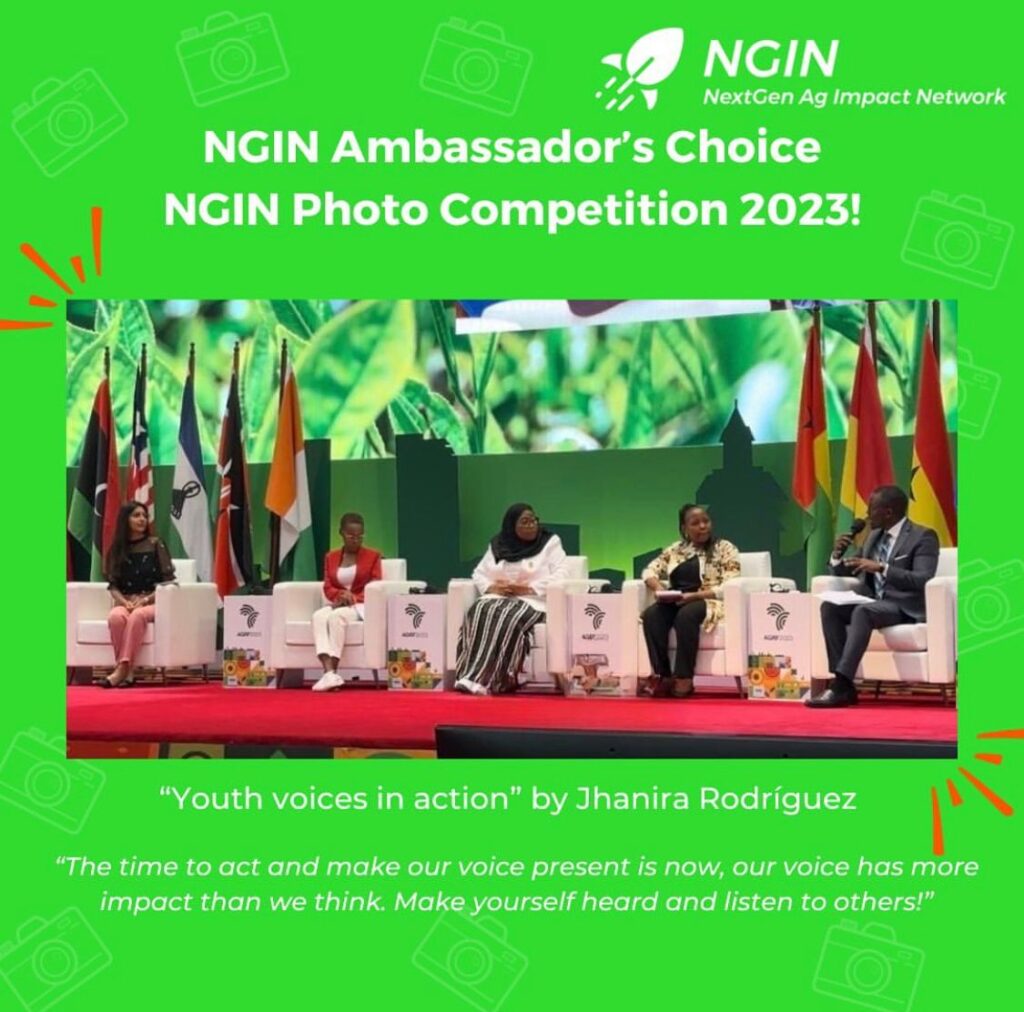Claire Taylor, NGIN Ambassador
Rising the voice of agri youth
(774 words)
Joining the NGIN programme at the start of this summer has been a truly life changing experience, from meeting inspiring individuals who I have built lasting friendships with from around the world, to opening my mind to new experiences and ways of thinking.
As part of our flagship programme in Africa, we spent ten days in Tanzania as a group of 15 ambassadors, hailing from countries such as Rwanda, Nigeria, New Zealand, Bolivia, Argentina and Nepal, to name a few. It was fascinating to spend time with individuals from a variety of backgrounds and at different stages of life, but linked by a passion to advocate for progressive and sustainable food systems.
We gathered together in Dar Es Salaam ahead of a meeting of the Africa Food Systems Forum, which annually brings together African leaders, NGO’s, Private investors and interested delegates from around the world to discuss the transformation of African food systems.
The first part of our trip involved taking part in policy workshops, identifying challenges around food security and climate change in our respective countries and coming up with a call to action of what needs to be done to build collaborative action to address these barriers.
We also took part in farm visits, with our first adventure taking us via ferry to Zanzibar, to meet with some of the 130 female seaweed farmers who supply Seaweed Cafe – a food business which adds value to seaweed by turning it into food products such as gels, hot sauces and porridge. Their whole ethos is around trying to build local production, demand and consumption of seaweed-based products and retain the value and nutritional benefits for people living in Tanzania and other parts of Africa, as currently 99% of seaweed produced there is exported abroad.
Another interesting meeting involved hearing from Rijk Zwaan, the fourth largest vegetable seed company in the world about their research on new vegetable varieties in Tanzania. They are working in collaboration with farmers to develop new vegetable varieties which are resilient to climate pressures, as well as responding to demographic shifts such as increasing demand for smaller vegetables and changing consumer tastes.
The African Food Systems Forum kicked off the following week and throughout the course of the conference we had the opportunity to hear from some of the amazing organisations and individuals who are driving policy change in the African food space. However, for a conference with a theme focused on raising the voice and issues of women and youth, the youth sessions in particular took place mostly on the sidelines, raising suspicions that it was more of a token gesture than an attempt to implement real progress.
I was extremely proud that our own organisation, NGIN, hosted the only youth-led panel of the conference and I had the honour of facilitating two of these sessions. Both panels featured the aspirations and day-to-day realities of six young agricultural leaders from Rwanda, Zambia, Tanzania, Nigeria, Nepal and the USA, and were focused on how we can harness the voice of agricultural youth and empower them to make an impact on the transformation of our global food systems. They shared their passion for addressing issues around global food insecurity, nature degradation and climate change, through their work within the fields of farming, advocacy, science and research.
Over the course of the Forum, we kept hearing that global demand for food will increase by 70% by 2050 and with the African population due to double by 2050, the transformation of our food systems begins here.
It became clear during the week that the focus has to be on improving local infrastructure, addressing cross-border trading issues, market access and finding ways to attract public and private investment in building processing and storage capacity, to enable Africa to increase agricultural activity but equally retain economic and nutritional value domestically.
Africa is not only home to the world’s fastest growing population, but the youngest, with an average age of 20 years old. There are huge opportunities here to encourage, inspire and empower young people to be part of the revolution of our food systems, and as the innovators and adopters of new technology, they will be a driving force for change.
Being part of NGIN has made it possible to raise awareness of the valuable contributions young people are ready and willing to make and I look forward to seeing this movement grow in the years to come. I hope to play my own small part as a storyteller, in sharing the inspiring stories of the young people who are not just labelled as having potential but are implementing it, and driving real change.

